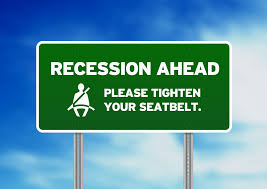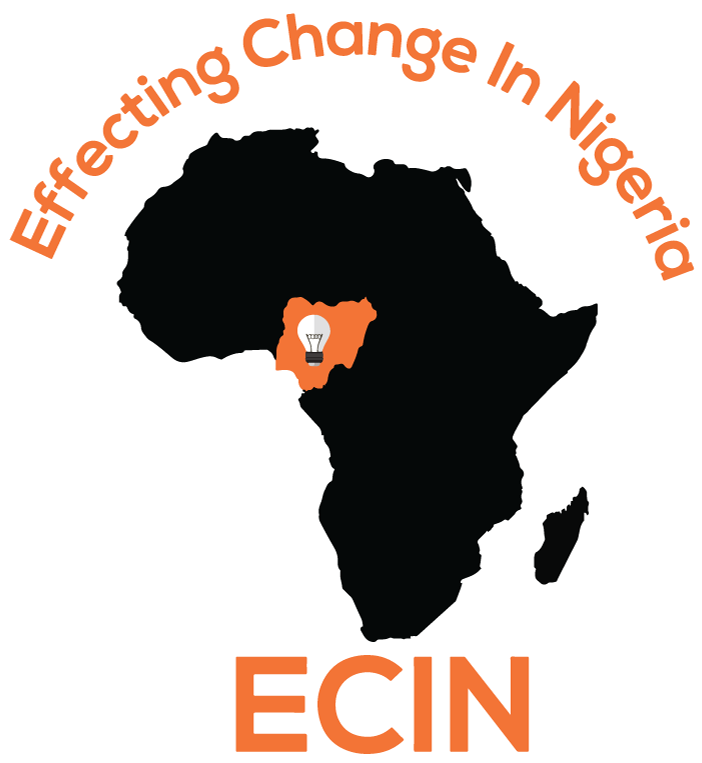
Сauses of economic recession in Nigeria
What are the causes of economic recession in Nigeria for the last years? It has become a major topic of discussion for Nigerians within and beyond the country borders. According to the article in Bloomberg, South Africa overrun Nigeria as the largest economy in Africa. What happened with the economy for the last few years?
The Central Bank of Nigeria and the International Monetary Fund agreed that Nigeria is on the stage of economic recession. According to their prognoses, if the situation in the world and within the country is for Nigeria, then the country should expect the regaining of stability as early as at the beginning of the second quarter 2017. Nevertheless, there is no discusses economy fresh start, but about simple 1.5% economic growth. This article provides possible causes of economic recession 2016 in Nigeria. Still, what is a recession and how bad is it for Nigerians?
What is economic recession?
The National Bureau of Economic Research gives next definition to the economic recession: “a significant decline in economic activity spread across the economy and lasting for more than few month, visible through the wholesale-retail sales, industrial production, employment, real income, gross domestic product.” In general, the economic recession is declined by a long-lasting increase of unemployment, drop in the stock market, negative growth of GDP and decline of the housing market. Nevertheless, it`s less severe than economic depression. The economic depression is the long-standing economic recession. Still, there are no specific criteria for depression. The unique features can be dug out from the USA The Great Economic Depression of the 1930s. It expressed a Decline of GDP for 10% and an unemployment rate of 25%. The blame for the economic recession falls on the Federal Reserve, Government or the President himself.
How did recession affect you?

Economic a recession and Gross Domestic Product
An Economic recession can be defined as the decline of the Gross Domestic Product for two months or more in the consecutive quarters. GDP is the market price of all goods created within the country. GDP takes into account new products that have never been manufactured before. Nigeria is experiencing economic recessions because of a significant decline of GDP in the first and second quarters of 2016. The data shows that GDP decline in the first quarter of 2016 is -0.36%, where the second quarter shows -1.5%. Still, the numbers can be misleading as the economic recession and financial crisis can occur without Gross Domestic Product reports. Nigeria showed some growth in the GDP for the fourth quarter of 2016, which is 0.8%. Moreover, financial analytics expect that the first quarter of 2017 is also expected to have a positive growth in GDP. Nevertheless, it does not mean that the country will clearly get out from the economic recession.
